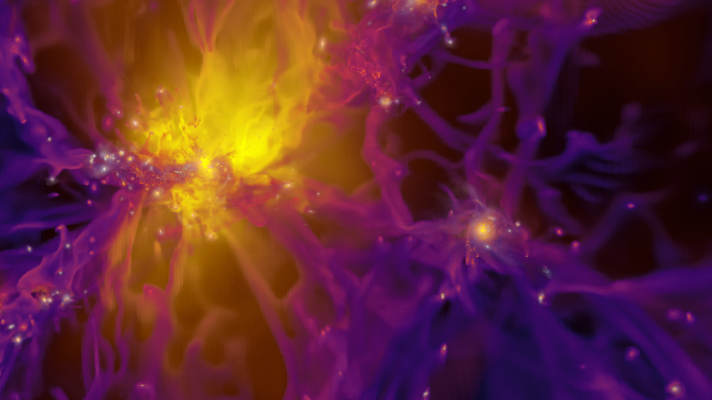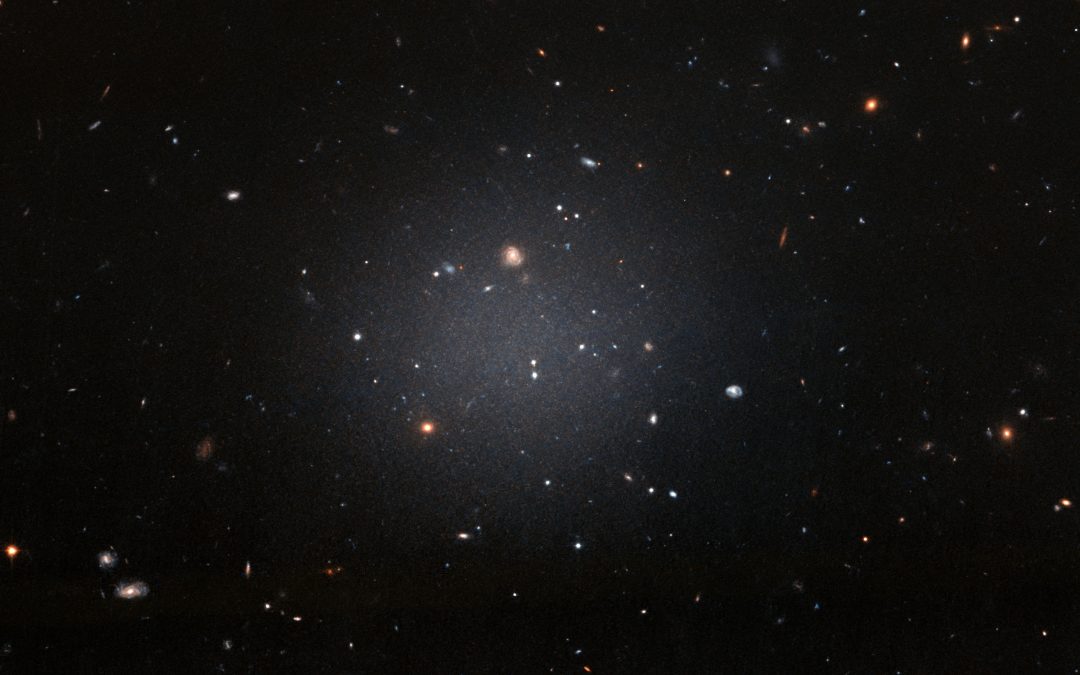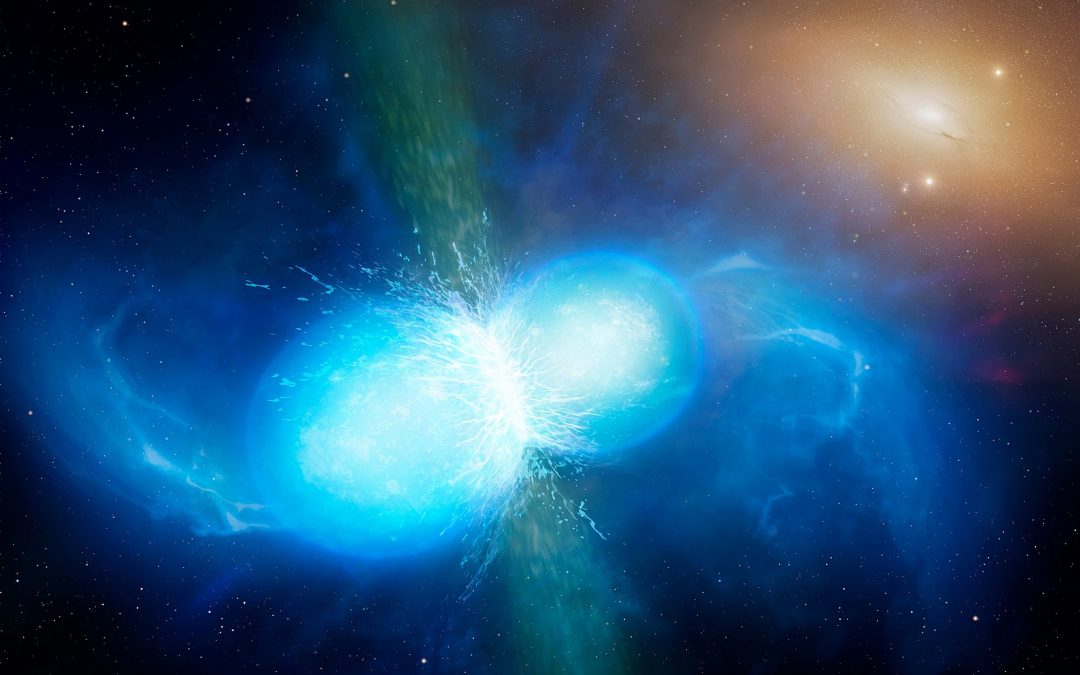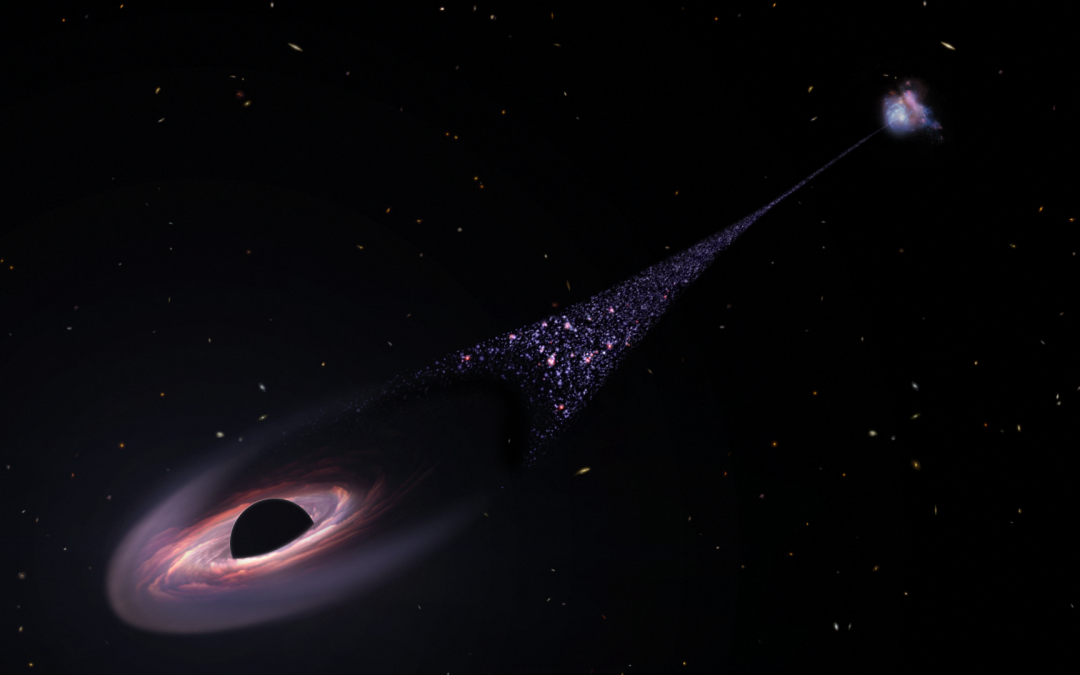After the cosmic microwave background radiation was released, the Universe returned to darkness, cloaked in this clouds of primordial hydrogen and helium. Gravity pulled these vast clouds into the first stars, and then the first galaxies. This is Cosmic Dawn, and JWST will help us probe this mysterious time.











